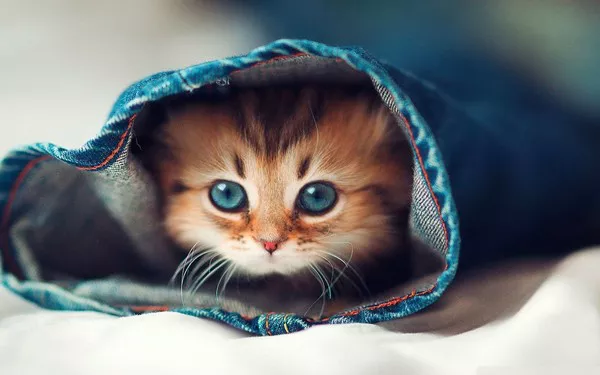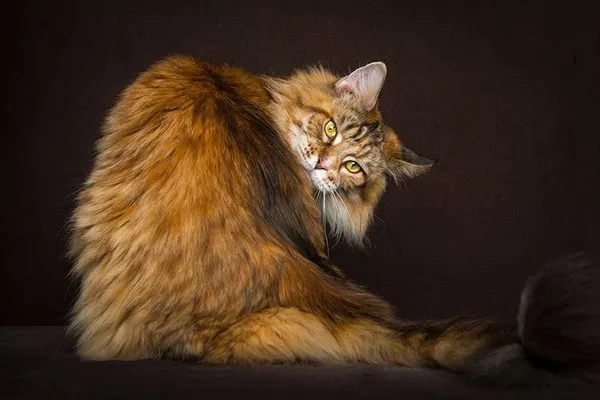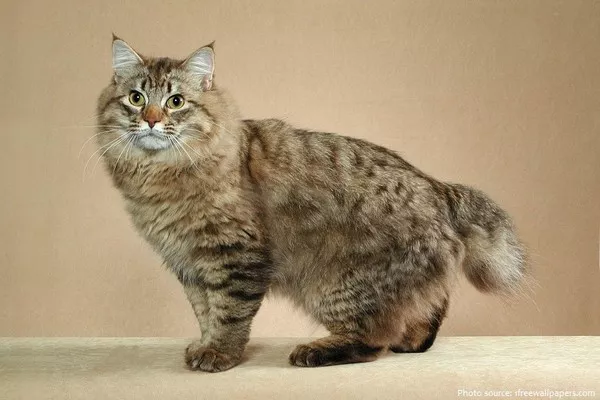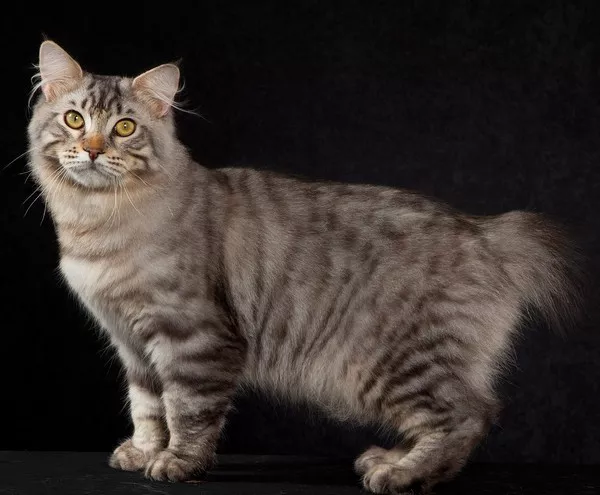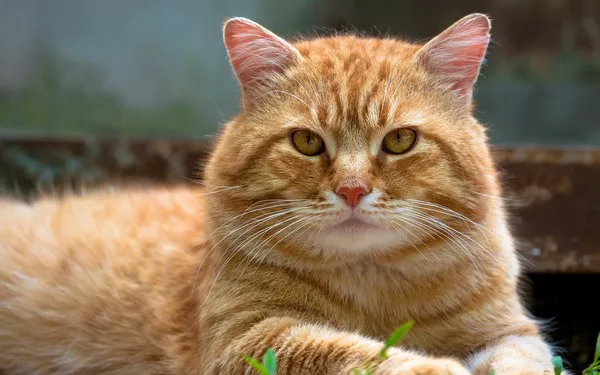The Manx cat is a unique breed known for its distinctive appearance, characterized by its rounded body, short or absent tail, and playful demeanor. Originating from the Isle of Man, this breed has captivated cat lovers for centuries. While their charming looks and engaging personalities make them popular pets, many prospective owners often wonder about their lifespan and the factors that influence it. This article delves into the lifespan of Manx cats, exploring their health, genetics, and care requirements to better understand how long these delightful felines can live.
Average Lifespan of Manx Cats
On average, Manx cats live between 10 to 14 years, although some individuals can reach 16 years or more with proper care. This lifespan is comparable to that of many domestic cat breeds, but it is essential to note that individual lifespans can vary significantly based on various factors, including genetics, health, and lifestyle.
Genetics and Health Issues
The unique genetic makeup of Manx cats contributes to both their physical characteristics and their health. The breed is known for a genetic mutation that results in the absence of a tail or the presence of a short tail. While this trait is one of the breed’s most recognizable features, it can also lead to specific health problems, particularly those related to the spine and nervous system.
One of the most significant health concerns associated with Manx cats is Manx syndrome, a genetic condition that affects the spinal cord and can lead to a range of neurological issues. Symptoms can vary from mild to severe and may include difficulties with mobility, bladder control problems, and even paralysis in extreme cases. Not all Manx cats are affected by this syndrome, but it is a consideration for potential owners.
In addition to Manx syndrome, these cats may also be prone to other health issues such as arthritis, particularly as they age. The structure of their bodies, with longer hind legs and a rounded appearance, can contribute to joint problems over time. Regular veterinary check-ups and a focus on maintaining a healthy weight can help mitigate these risks.
See Also: Are Manx Cats Fast?
Environmental Factors Influencing Lifespan
The environment in which a Manx cat lives plays a crucial role in its overall health and longevity. Factors such as diet, exercise, and living conditions can significantly impact a cat’s lifespan.
Diet and Nutrition
A balanced diet is essential for the health of any cat, and Manx cats are no exception. Their nutritional needs should be met with high-quality cat food that provides the necessary vitamins, minerals, and proteins. A diet rich in omega-3 fatty acids is particularly beneficial for maintaining a healthy coat and supporting overall health.
Owners should avoid feeding their Manx cats human food, particularly those that can be harmful, such as chocolate, onions, and garlic. Regular feeding schedules and portion control can help prevent obesity, a common issue in cats that can lead to various health problems and a shorter lifespan.
Exercise and Mental Stimulation
Manx cats are known for their playful and active nature, which makes regular exercise crucial for their health. Engaging them in playtime activities not only helps maintain their physical health but also provides mental stimulation, which is essential for their overall well-being.
Interactive toys, puzzle feeders, and climbing structures can keep a Manx cat entertained and encourage them to stay active. Daily play sessions of at least 30 to 60 minutes are recommended to satisfy their natural hunting instincts and keep them fit.
Grooming and Care
Manx cats have a thick double coat that requires regular grooming to prevent matting and reduce shedding. Depending on whether they are short-haired or long-haired, grooming needs may vary. Short-haired Manx cats may require brushing once a week, while long-haired varieties may need more frequent grooming to maintain their coat’s health and appearance.
Regular grooming not only helps keep the coat in good condition but also provides an opportunity for owners to check for any skin issues or abnormalities. Additionally, dental care is crucial for Manx cats, as dental disease can lead to more severe health problems. Regular brushing of their teeth and providing dental treats can help maintain oral health.
Socialization and Mental Health
Manx cats are known for their friendly and social nature. They thrive on interaction with their human companions and can become stressed or anxious if left alone for extended periods. Providing a stimulating environment and ensuring they have plenty of social interaction can help prevent behavioral issues and promote a longer, happier life.
Regular Veterinary Care
Routine veterinary check-ups are essential for monitoring the health of any cat, including Manx cats. Regular vaccinations, parasite control, and health screenings can help catch potential health issues early and ensure that the cat remains in good health throughout its life.
Conclusion
In summary, the lifespan of Manx cats can range from 10 to 14 years, with some living even longer. While genetics plays a significant role in their longevity, environmental factors such as diet, exercise, grooming, and regular veterinary care are equally important. By providing a loving home, attentive care, and a healthy lifestyle, owners can help their Manx cats live long and fulfilling lives. The unique needs of this breed and addressing potential health issues proactively can significantly impact their quality of life and lifespan. Ultimately, the joy and companionship that Manx cats bring to their families make every effort to ensure their well-being worthwhile.
Related Topics
What Makes Manx Cats So Special?
5 Facts About American Bobtail Cats


